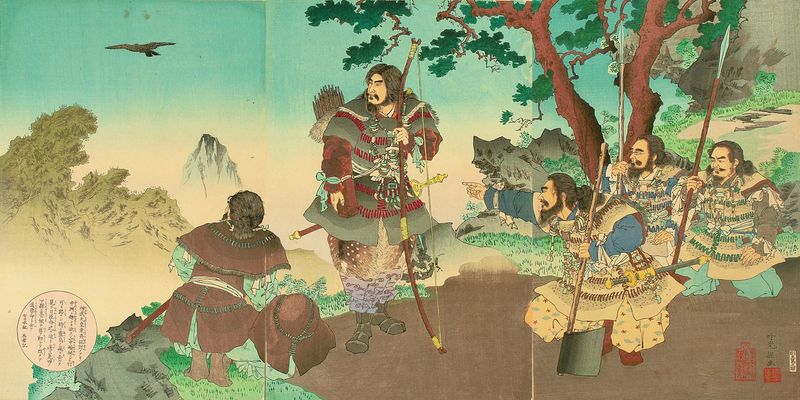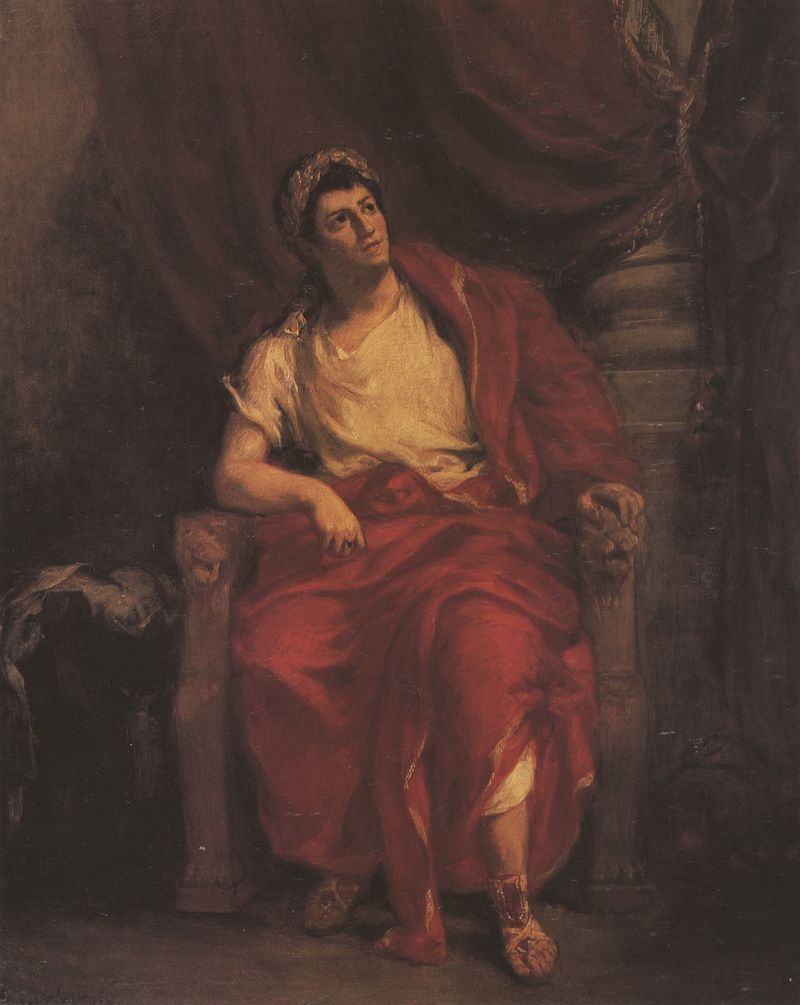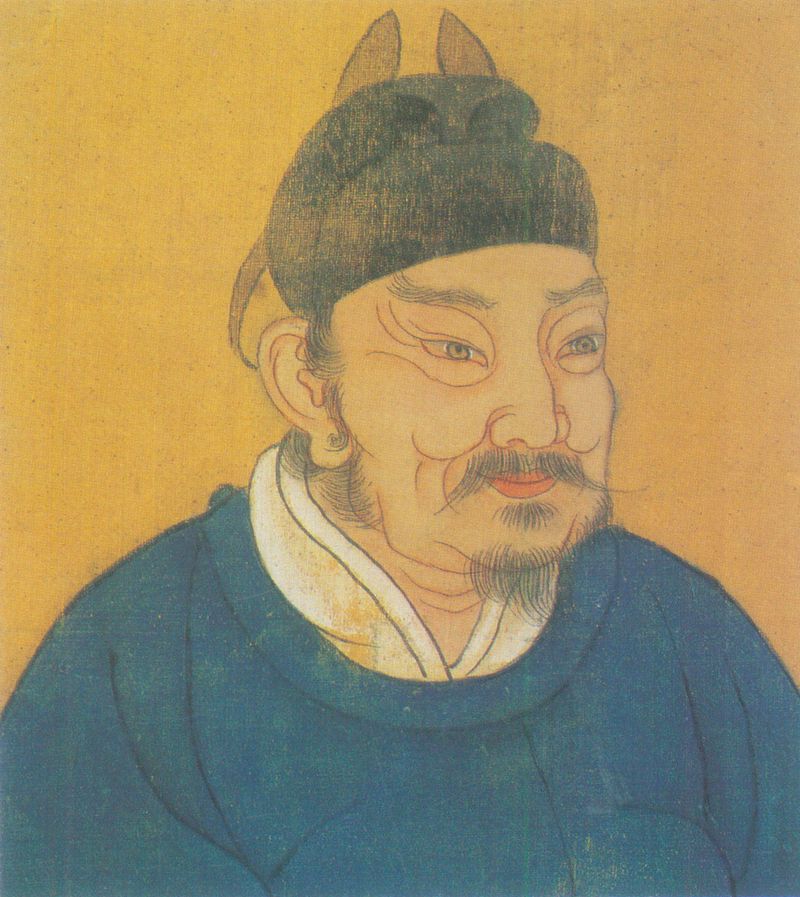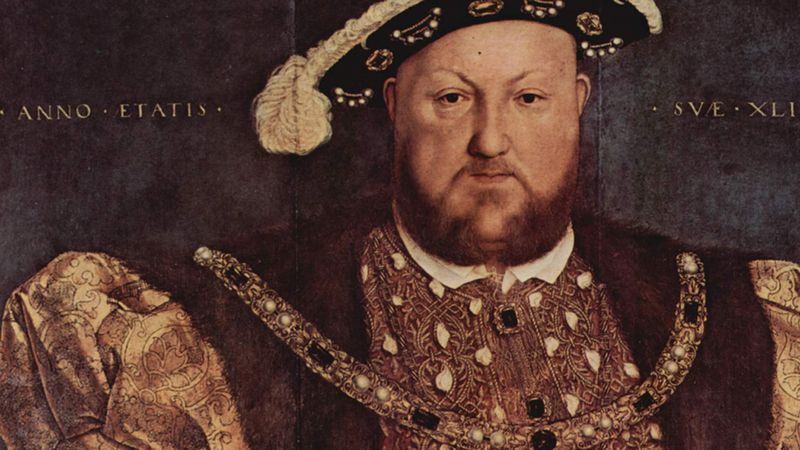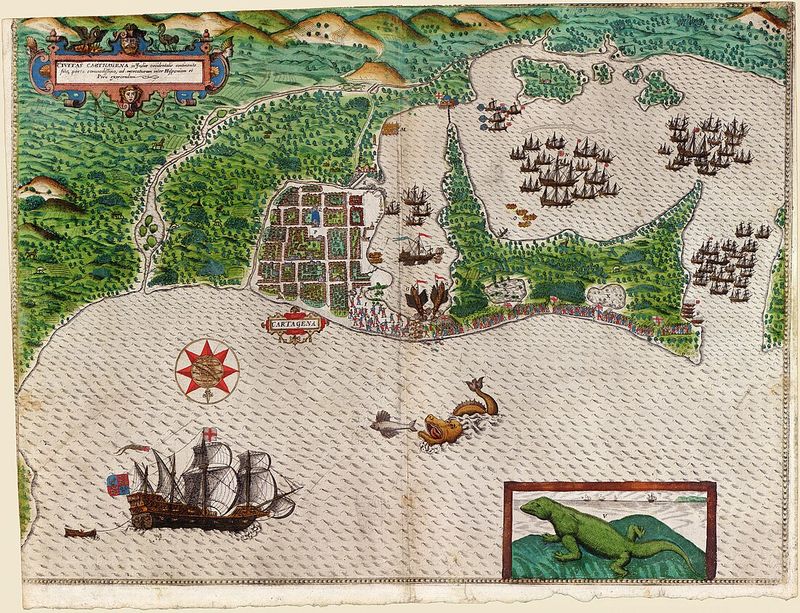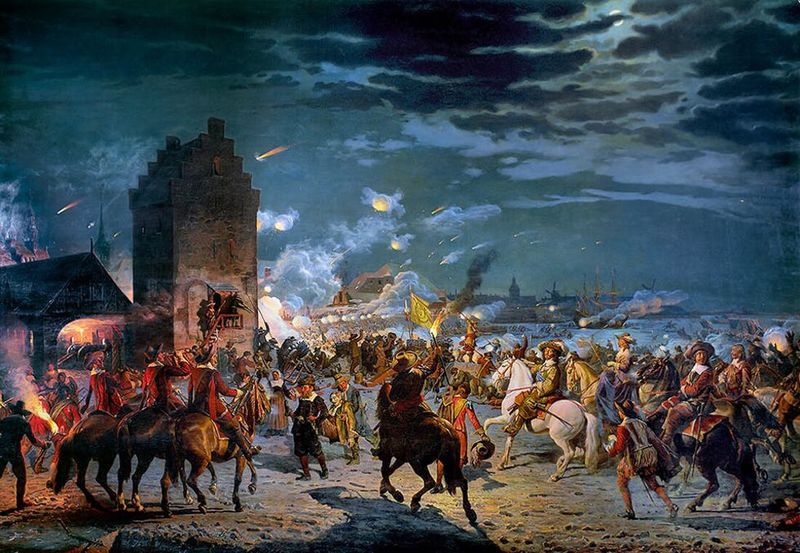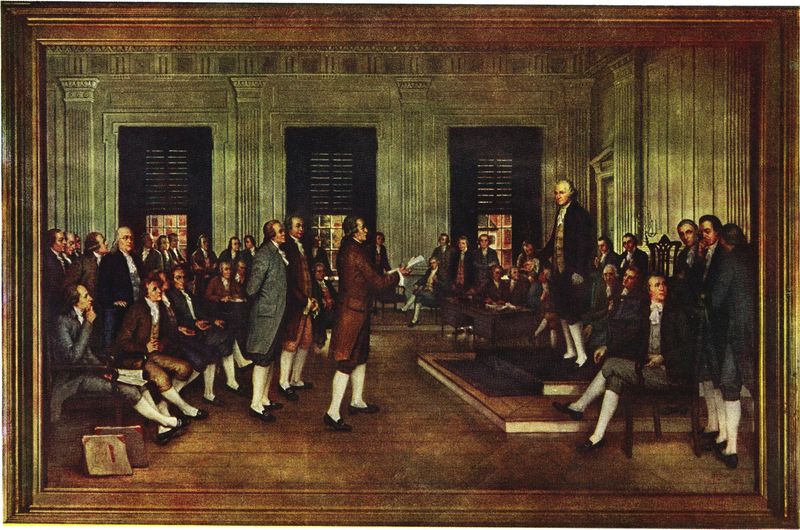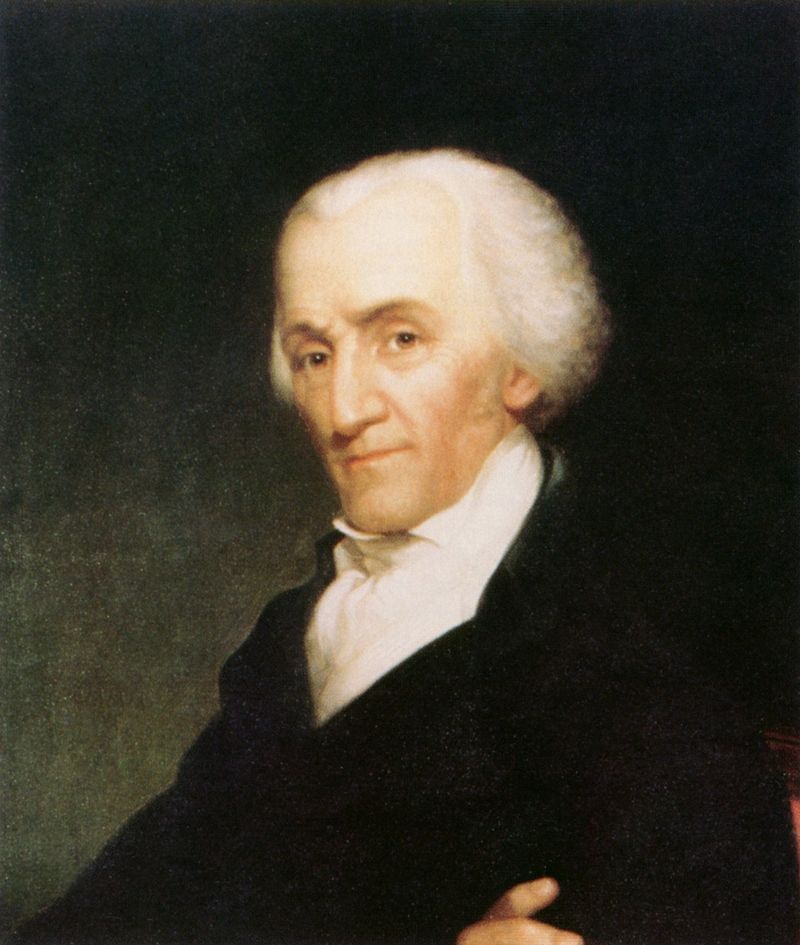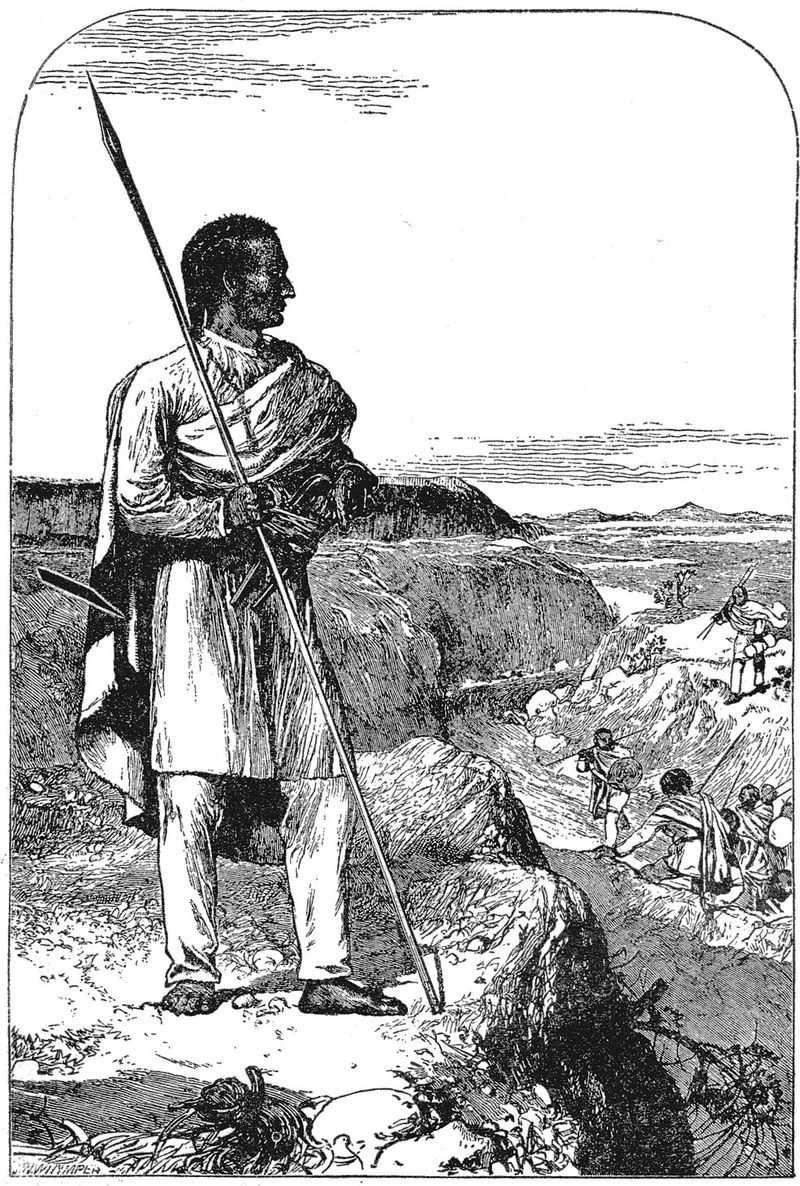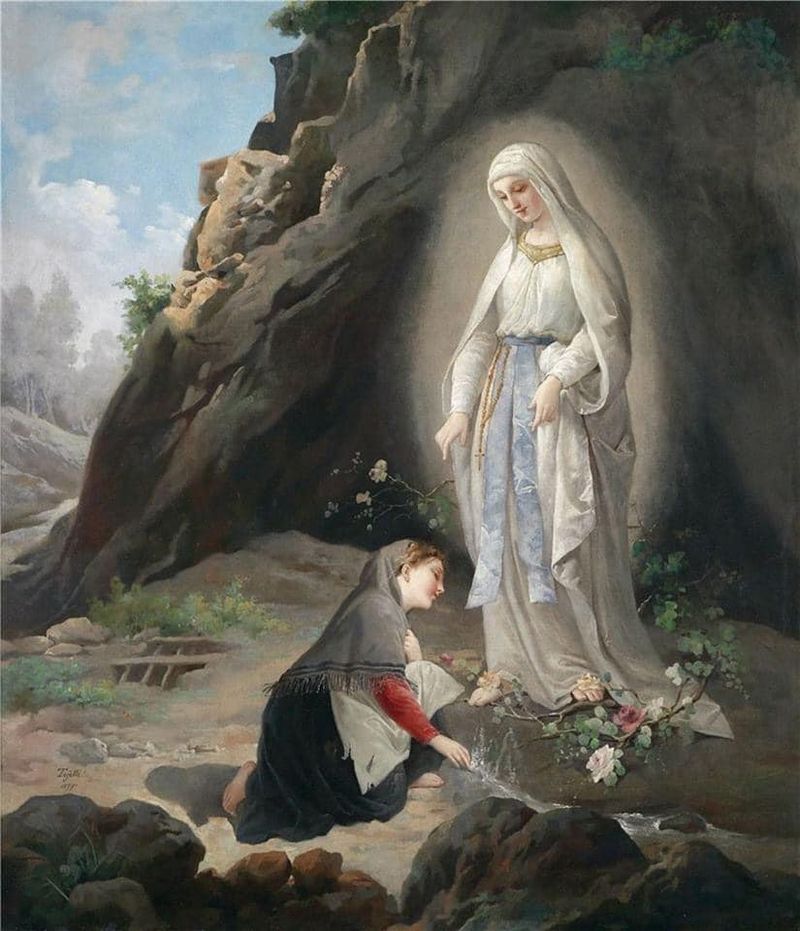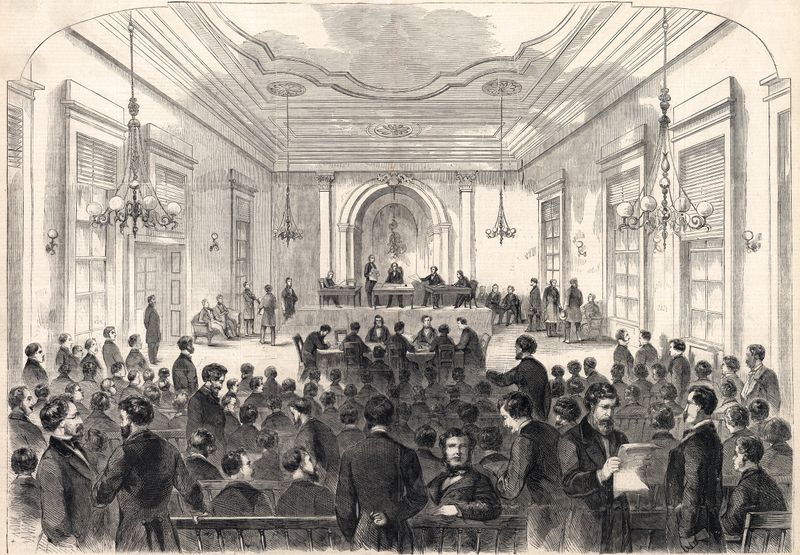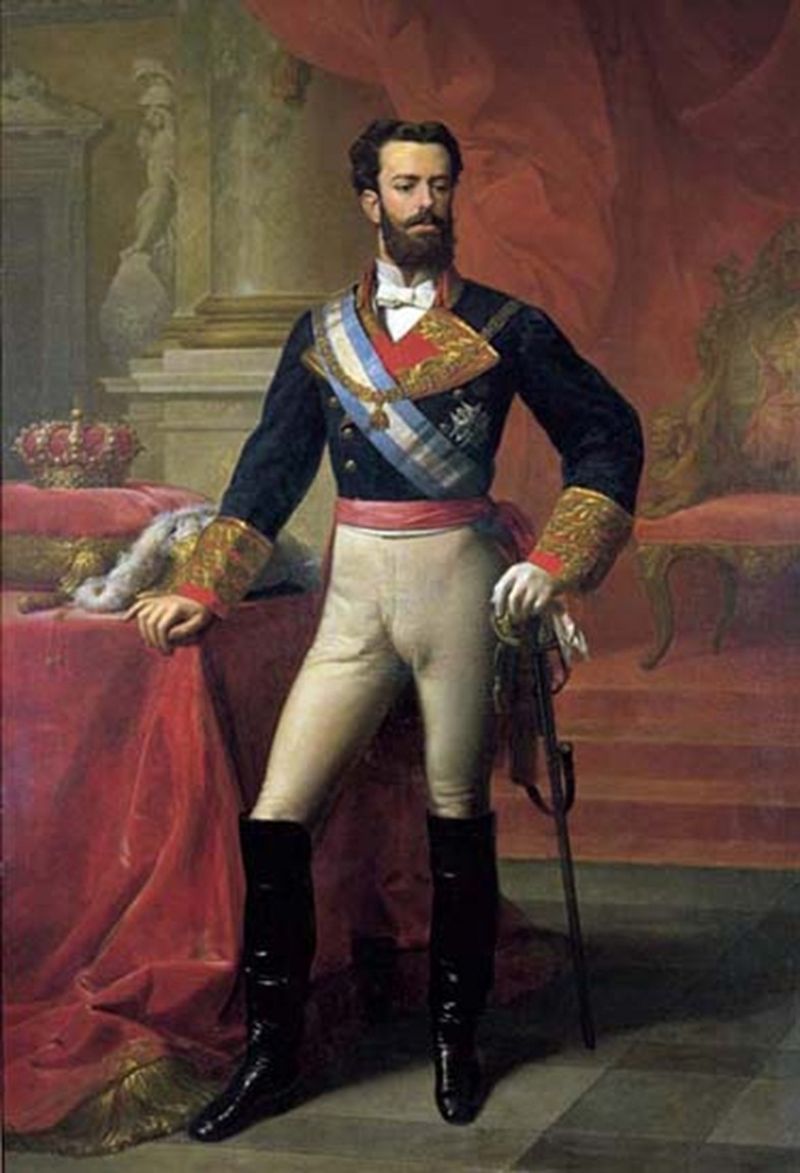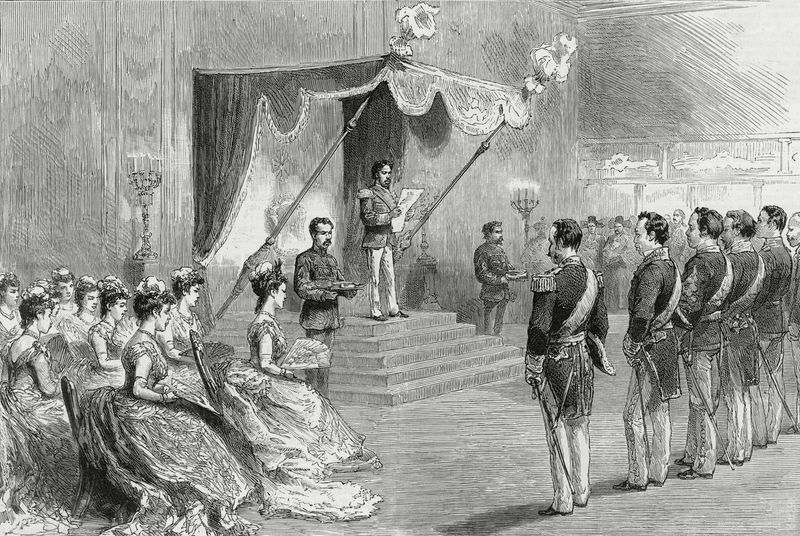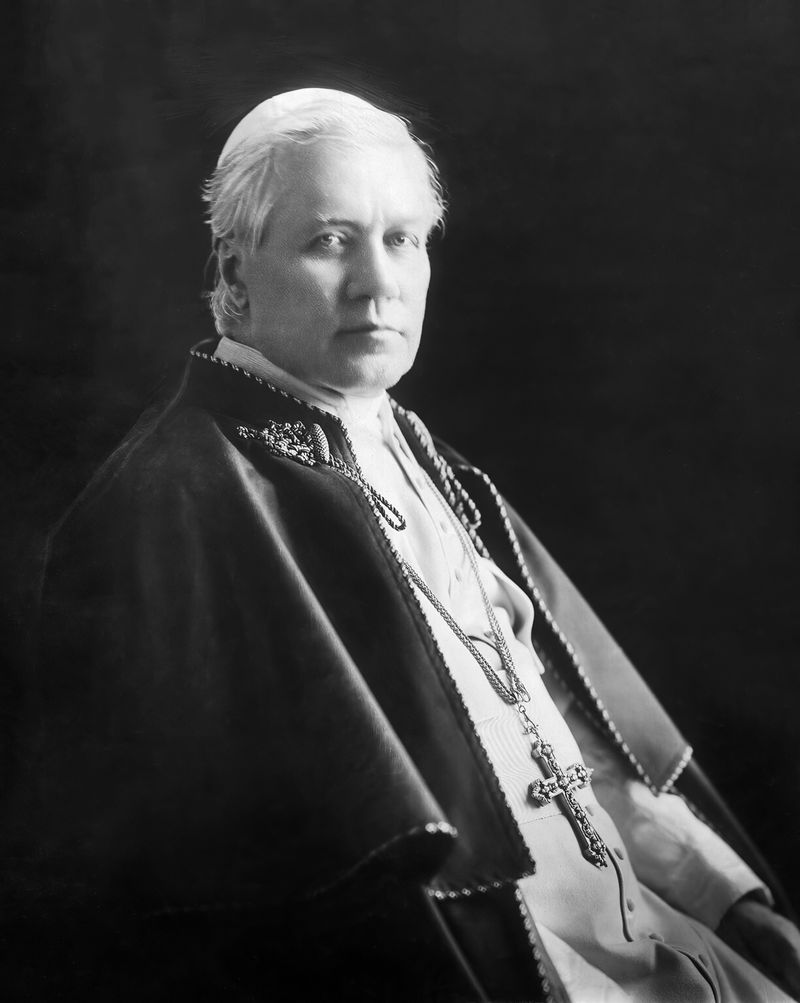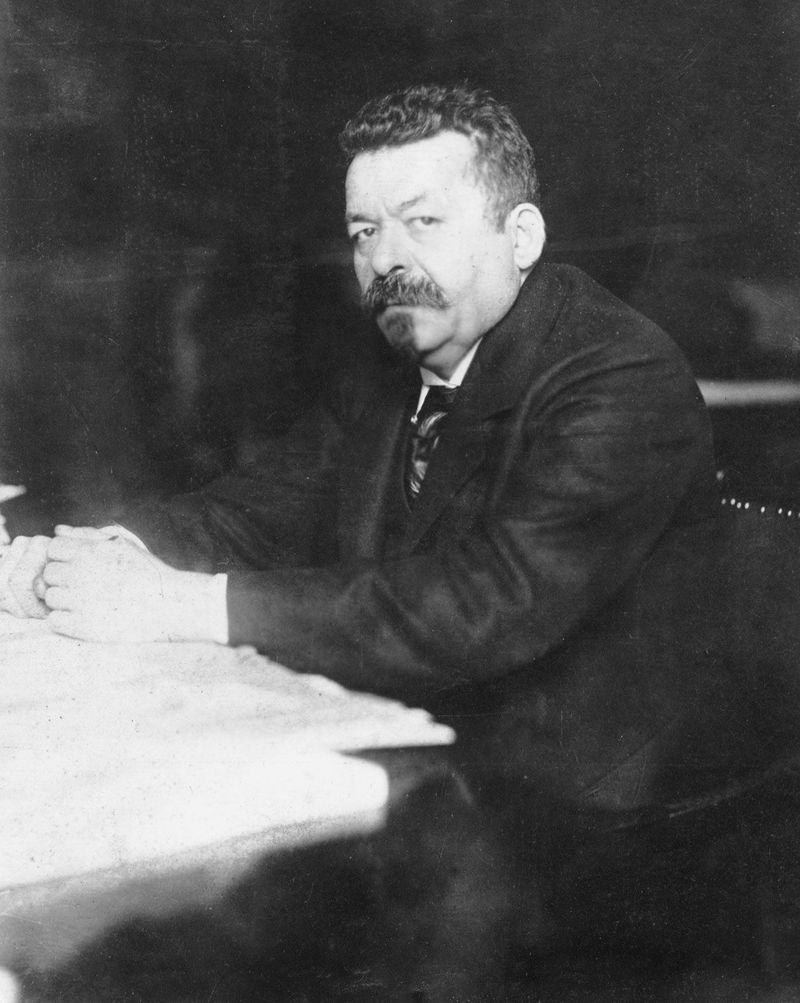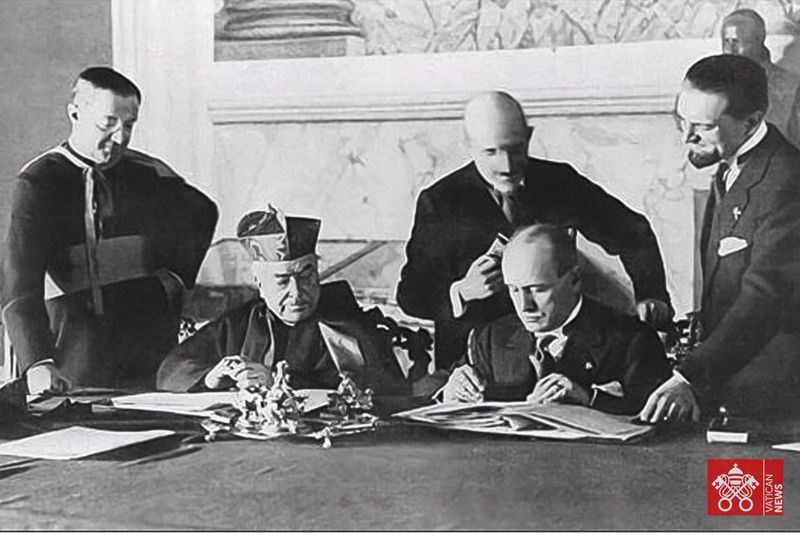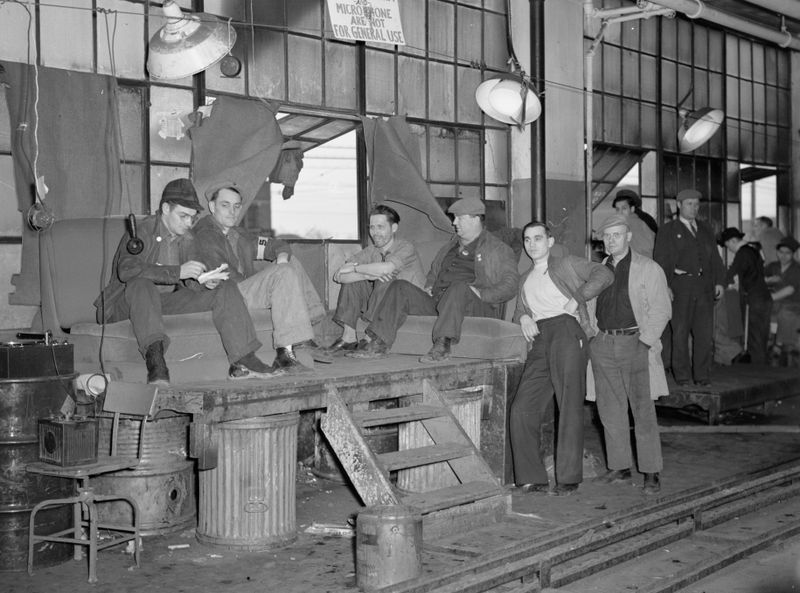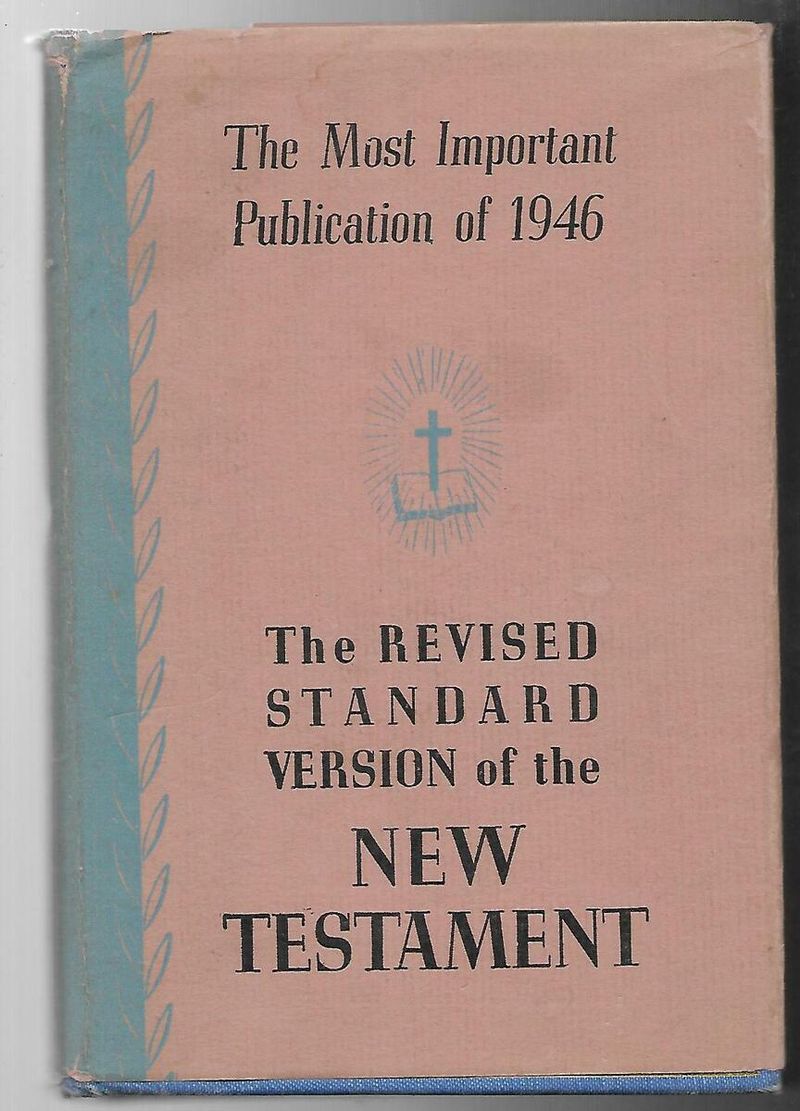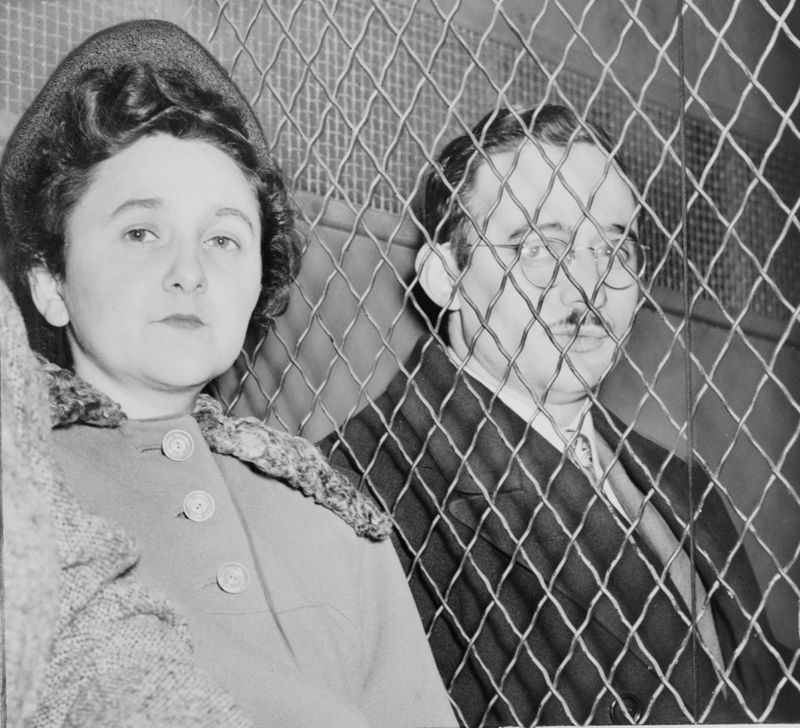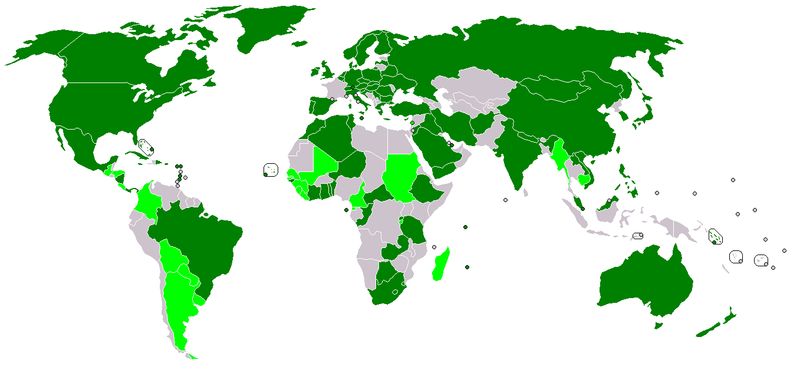February 11th stands as a significant date in history, marking numerous events that have shaped the world as we know it today.
This blog post delves into 30 key historic events that have occurred on this day, providing insights into moments that have left lasting impacts on global cultures, politics, and societies.
1. 660 – Foundation of Japan (traditional date)
February 11th, 660 BCE, is traditionally celebrated as the founding date of Japan by Emperor Jimmu.
This mythological emperor is said to have descended from the Sun Goddess Amaterasu, symbolizing divine right to rule. Japan commemorates this day as National Foundation Day.
Despite its mythical origins, this event marks the beginning of the Yamato dynasty, Japan’s first imperial dynasty. The myth reflects Japanese values and cultural identity, emphasizing continuity and harmony.
Today, the day is marked by ceremonies and events that reflect on Japan’s rich history and enduring traditions.
2. 55 – Death of Britannicus
On February 11, 55 AD, Britannicus, the heir to the Roman Empire, died under suspicious circumstances. He was the son of Emperor Claudius and was overshadowed by his stepbrother, Nero, who later became emperor.
Historical accounts suggest that Britannicus was poisoned during a banquet. His death paved the way for Nero’s unchallenged ascendancy to power.
This event is a pivotal moment in Roman history, reflecting the ruthless political maneuvers typical of imperial Rome, and highlights the perilous nature of succession in ancient empires.
3. 951 – Guo Wei’s Coup in Later Zhou
February 11, 951 AD, witnessed a significant coup led by Guo Wei, who usurped the throne of the Later Zhou dynasty. Guo Wei was a prominent military leader who established the Later Zhou, the last of the five dynasties of this tumultuous era.
His reign marked a period of relative stability and military reform, which was crucial in the eventual unification of China under the Song Dynasty.
Guo Wei’s actions on this day underscore the era’s political volatility and the constant struggle for power among Chinese warlords.
4. 1144 – Translation of Liber de compositione alchemiae (Birth of Western Alchemy)
The translation of ‘Liber de compositione alchemiae’ on February 11, 1144, is considered a seminal moment in the history of Western alchemy. The text, originally in Arabic, was translated by Robert of Chester, introducing alchemical concepts to Europe.
This work laid the foundation for alchemical traditions that sought to transform base metals into gold and discover the elixir of life.
The translation signifies a critical cross-cultural exchange of knowledge during the Middle Ages, influencing future scientific thought and the eventual evolution of modern chemistry.
5. 1534 – Henry VIII Declared Supreme Head of the Church of England
On February 11, 1534, King Henry VIII was declared the Supreme Head of the Church of England, marking a crucial shift in religious and political power.
This event was part of the English Reformation, a series of changes that led to the Church of England breaking away from the authority of the Pope and the Roman Catholic Church.
Henry’s declaration was driven by both personal motives, such as his desire for an annulment from Catherine of Aragon, and political ambitions.
This act significantly altered the religious landscape of England, influencing European religious history.
6. 1586 – Sir Francis Drake Captures Cartagena de Indias
On February 11, 1586, Sir Francis Drake captured the Spanish city of Cartagena de Indias, located in present-day Colombia. Drake’s attack was part of the Anglo-Spanish War, aiming to weaken Spain’s influence in the Americas.
The capture of Cartagena demonstrated England’s growing naval power and marked a significant blow to Spanish colonial interests.
Drake’s actions not only enriched him and his crew but also contributed to the tension between England and Spain, eventually leading to the Spanish Armada’s defeat in 1588.
7. 1659 – Swedish Assault on Copenhagen Repelled
February 11, 1659, marked a decisive moment in the Dano-Swedish War when Danish forces successfully repelled a Swedish assault on Copenhagen. The siege was part of the broader Northern Wars, with Sweden seeking to expand its territory.
The defense of Copenhagen was vital for Denmark, preserving its independence and maintaining control over the Baltic region.
This event highlighted the resilience of Danish forces and the strategic importance of Copenhagen, setting the stage for the Treaty of Copenhagen in 1660, which ended Swedish territorial ambitions in Denmark.
8. 1794 – First Session of the U.S. Senate
On February 11, 1794, the U.S. Senate held its first session in the newly constructed Senate Chamber in Philadelphia. This session marked an essential moment in American legislative history, as the Senate began to establish its own procedures and traditions.
The Senate’s role as a deliberative body was solidified during this time, with debates and decisions laying the framework for future governance.
This event signifies the ongoing development of American democratic institutions, highlighting the importance of legislative processes in shaping the nation’s political landscape.
9. 1812 – First Use of Gerrymandering (Elbridge Gerry Accused)
February 11, 1812, marks the first known use of the term ‘gerrymandering,’ derived from Governor Elbridge Gerry’s redistricting plan in Massachusetts. The plan was accused of manipulating electoral district boundaries to favor his political party, the Democratic-Republicans.
A newspaper cartoon depicting a district as a salamander led to the coining of the term.
This practice has since become a contentious issue in American politics, highlighting the potential for manipulation within the electoral process and sparking ongoing debates about fair representation.
10. 1826 – Founding of University College London
On February 11, 1826, University College London (UCL) was founded, becoming the first university in England to welcome students regardless of their religion. UCL was established as a progressive institution aiming to provide higher education access to a broader section of society.
This foundational moment marked a shift in educational opportunities, promoting inclusivity and academic freedom.
UCL’s establishment reflects broader social changes during the Industrial Revolution, setting a precedent for modern university education and contributing to the democratization of knowledge.
11. 1855 – Tewodros II Crowned Emperor of Ethiopia
February 11, 1855, marks the coronation of Tewodros II as Emperor of Ethiopia, a pivotal figure in Ethiopian history. His reign is noted for attempting to modernize the Ethiopian Empire and unify its various regions.
Tewodros II sought to reduce the power of local warlords and centralize authority, introducing reforms in administration and the military.
Despite his efforts, resistance from regional nobles and foreign powers challenged his rule, leading to his eventual downfall. His legacy remains significant in Ethiopian history, symbolizing a complex period of change and resistance.
12. 1856 – Annexation of the Kingdom of Awadh
On February 11, 1856, the British East India Company annexed the Kingdom of Awadh, located in present-day Uttar Pradesh, India. This annexation was justified by claiming misgovernance, but it primarily served British colonial interests.
Awadh’s annexation was a catalyst for the Indian Rebellion of 1857, as it fueled discontent among Indian soldiers and local nobility.
This event exemplifies the exploitative nature of British imperial policies in India, contributing to the growing resistance against colonial rule and eventually leading to India’s struggle for independence.
13. 1858 – Bernadette Soubirous’s First Vision at Lourdes
February 11, 1858, is the date of the first reported Marian apparition to Bernadette Soubirous in Lourdes, France. This event marked the beginning of a series of visions that Bernadette claimed to experience, each attracting significant attention.
These apparitions have since made Lourdes a major pilgrimage site for Catholics, seeking spiritual healing and comfort.
This event highlights the deep religious fervor of the 19th-century Catholic Church and its continuing influence on spiritual practices worldwide, as Lourdes remains a symbol of faith and devotion.
14. 1861 – U.S. House Passes Resolution on Noninterference with Slavery
On February 11, 1861, the U.S. House of Representatives passed a resolution declaring noninterference with slavery in states where it already existed. This move was an attempt to prevent the secession of Southern states and avert the looming Civil War.
The resolution sought to reassure slaveholding states that their rights would be preserved, underscoring the deep divisions within the country.
Despite these efforts, conflict was not averted, leading to the outbreak of the Civil War in April 1861. This event reflects the intense political tensions surrounding slavery at the time.
15. 1873 – King Amadeo I Abdicates (Precipitating the First Spanish Republic)
On February 11, 1873, King Amadeo I of Spain abdicated the throne, leading to the proclamation of the First Spanish Republic. Amadeo’s reign was marked by political instability and opposition from various factions, including monarchists and republicans.
His abdication highlighted the challenges of establishing a constitutional monarchy in Spain during this period.
The First Spanish Republic faced significant difficulties, including internal strife and economic issues, ultimately lasting only two years. This event underscores the complex political landscape of 19th-century Spain.
16. 1889 – Adoption of Japan’s Meiji Constitution
February 11, 1889, marks the adoption of Japan’s Meiji Constitution, a pivotal moment in Japan’s modernization efforts. The constitution established a constitutional monarchy, reflecting Western political models while preserving imperial authority.
The Meiji Constitution laid the groundwork for Japan’s rapid transformation into an industrialized nation, enhancing its political and economic structures.
This event signifies Japan’s strategic adaptation of Western ideas to strengthen its position internationally, setting the stage for its emergence as a major global power in the early 20th century.
17. 1906 – Pope Pius X Publishes the Encyclical Vehementer Nos
On February 11, 1906, Pope Pius X issued the encyclical Vehementer Nos, addressing the separation of church and state in France. The document criticized the French government’s secular policies, reinforcing the Catholic Church’s stance on maintaining religious authority.
Pius X’s encyclical emphasized the importance of church doctrine and the preservation of traditional values in the face of modern secularism.
This event reflects the ongoing tensions between religious and secular ideologies in Europe, highlighting the church’s efforts to maintain influence within rapidly changing societies.
18. 1919 – Friedrich Ebert Elected President of Germany
February 11, 1919, marks the election of Friedrich Ebert as the first President of Germany following World War I. Ebert, a prominent Social Democrat, faced the immense challenge of leading Germany through the tumultuous post-war period.
His presidency was characterized by efforts to stabilize the country and implement democratic reforms.
Ebert’s election symbolizes a significant shift in German politics, transitioning from imperial rule to a democratic republic. This period was marked by economic hardships and political unrest, setting the stage for future challenges faced by the Weimar Republic.
19. 1929 – Signing of the Lateran Treaty
On February 11, 1929, the Lateran Treaty was signed, resolving longstanding disputes between the Italian government and the Vatican. The treaty recognized Vatican City as an independent state, establishing diplomatic relations between the two entities.
This agreement marked a significant moment in church-state relations, granting the Catholic Church autonomy while affirming Italy’s secular governance.
The Lateran Treaty paved the way for improved cooperation and understanding between church and state, reflecting broader shifts in political and religious dynamics during the early 20th century.
20. 1937 – End of the Flint Sit-Down Strike
February 11, 1937, marked the resolution of the Flint Sit-Down Strike, a pivotal event in American labor history. The strike involved workers at General Motors factories demanding better wages and working conditions.
After 44 days of protest, a settlement was reached, leading to significant gains for labor unions and the establishment of the United Auto Workers.
This event underscores the growing power of organized labor in the United States, highlighting the struggles and achievements of workers advocating for rights and the impact of collective bargaining.
21. 1942 – Second Day of the Battle of Bukit Timah (World War II, Singapore)
On February 11, 1942, the battle for control of Bukit Timah in Singapore continued, marking a crucial phase in the Japanese invasion of Southeast Asia. Bukit Timah was strategically important due to its high ground and military supplies.
The Japanese forces eventually overpowered the Allied defenders, contributing to the fall of Singapore.
This battle exemplifies the intensity of the Pacific Theater during World War II and the strategic maneuvers that characterized the conflict, ultimately leading to significant shifts in regional power dynamics.
22. 1946 – Publication of the Revised Standard Version New Testament
February 11, 1946, saw the release of the Revised Standard Version (RSV) of the New Testament, an important milestone in biblical scholarship. This translation aimed to provide a clear and accessible rendition of the scriptures for modern readers while maintaining scholarly accuracy.
The RSV was the result of years of collaborative effort among theologians and scholars, reflecting advances in linguistic research and biblical studies.
Its publication represents the enduring importance of the Bible in contemporary religious life and the continuous efforts to make its teachings accessible to diverse audiences.
23. 1953 – Eisenhower Denies Clemency for the Rosenbergs
On February 11, 1953, President Dwight D. Eisenhower refused clemency for Julius and Ethel Rosenberg, sentenced to death for espionage. The Rosenbergs were accused of passing atomic secrets to the Soviet Union, a case that captured national attention during the Cold War.
Eisenhower’s decision underscored the tense atmosphere of the era, marked by fears of communist infiltration.
This event highlights the complexities of justice and national security during a period of heightened paranoia, reflecting the broader impact of Cold War politics on American society.
24. 1963 – The Beatles Record Their First Album, Please Please Me
February 11, 1963, is a landmark day in music history, as The Beatles recorded their debut album, ‘Please Please Me.’ This session marked the beginning of their rise to global fame and the British Invasion.
The album, recorded in a single day at Abbey Road Studios, showcased the band’s raw energy and originality, setting a new standard for pop music.
The Beatles’ innovative sound and cultural impact transformed the music industry, influencing generations of artists and fans worldwide.
25. 1970 – Japan Launches Ohsumi into Orbit
On February 11, 1970, Japan launched its first satellite, Ohsumi, into orbit, marking a significant achievement in the nation’s space exploration efforts. This launch positioned Japan as a key player in the international space race, showcasing its technological advancements.
Ohsumi’s successful deployment highlighted Japan’s commitment to scientific research and innovation.
This milestone reflects the growing importance of space exploration in global scientific endeavors and underscores Japan’s role in advancing human knowledge and exploration of outer space.
26. 1971 – Seabed Arms Control Treaty Opens for Signature
February 11, 1971, marked the opening for signature of the Seabed Arms Control Treaty, an important step in international disarmament efforts. The treaty aimed to prevent the placement of nuclear weapons on the ocean floor, promoting peace and stability.
This agreement reflects the global commitment to reducing the threat of nuclear proliferation and ensuring the peaceful use of the seas.
The treaty highlights the importance of international cooperation in addressing security challenges, contributing to ongoing efforts to build a safer world through diplomacy and dialogue.
27. 1979 – Iranian Revolution Establishes an Islamic Theocracy
On February 11, 1979, the Iranian Revolution culminated in the establishment of an Islamic theocracy, led by Ayatollah Khomeini. This revolution marked the overthrow of the Pahlavi monarchy and a significant shift in Iran’s political and social landscape.
The revolutionary movement was fueled by widespread discontent with the Shah’s regime, seeking greater political and religious autonomy.
The events of this day reshaped Iran’s identity and had profound implications for regional and global geopolitics, altering the balance of power in the Middle East.
28. 1990 – Nelson Mandela Released from Prison
February 11, 1990, is a historic day as Nelson Mandela was released from prison after 27 years of incarceration. Mandela’s release marked a turning point in South Africa’s struggle against apartheid, symbolizing hope and reconciliation.
His freedom paved the way for negotiations to end racial segregation and establish a democratic government.
Mandela’s leadership and vision were instrumental in guiding South Africa through its transition, highlighting the power of forgiveness and dialogue in overcoming deep-rooted divisions.
29. 1997 – Space Shuttle Discovery Launched to Service the Hubble Telescope
On February 11, 1997, the Space Shuttle Discovery was launched to service the Hubble Space Telescope, a critical mission in advancing astronomical research. This mission involved upgrading and repairing the telescope, ensuring its continued operation and contributions to science.
The Hubble Space Telescope has provided invaluable insights into the universe, from distant galaxies to the nature of black holes.
This event underscores the importance of space exploration and international cooperation in expanding our understanding of the cosmos, showcasing human ingenuity and curiosity.
30. 2020 – WHO Officially Names the COVID‑19 Outbreak
February 11, 2020, marks the day when the World Health Organization officially named the COVID-19 outbreak. This announcement was a crucial step in coordinating global efforts to manage and understand the pandemic’s impact.
The naming helped unify international responses to the crisis, emphasizing the importance of collaboration in addressing global health challenges.
This event reflects the interconnected nature of contemporary global societies and the ongoing efforts to combat diseases through science, cooperation, and public health initiatives, shaping the world’s approach to pandemic preparedness.

